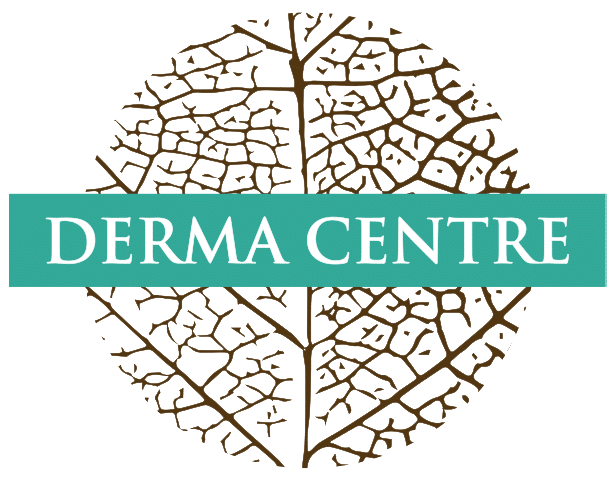How Does Drug Addiction Affect Physical Health Over Time?
Drug addiction is a serious and pervasive condition that impacts not only the mind but also the body in profound and often irreversible ways. Prolonged substance abuse can lead to numerous physical health complications, which may vary depending on the type of drug used, duration of addiction, and individual health factors. Understanding these effects is crucial for recognizing the importance of early intervention and seeking appropriate treatment.
1. Cardiovascular Issues
One of the most significant impacts of drug addiction is its effect on the cardiovascular system. Drugs such as cocaine, methamphetamines, and certain prescription stimulants can cause severe damage to the heart and blood vessels. Prolonged use may lead to irregular heartbeats, high blood pressure, heart attacks, or even stroke. Opioids and other depressants, on the other hand, may slow down heart rate and lower blood pressure, potentially resulting in heart failure over time.
Substance abuse contributes to chronic cardiovascular stress, leaving individuals at an increased risk for conditions that could be fatal if not managed. This underscores the importance of treatment facilities, such as Nasha Mukti Kendra in Jammu, where specialized care can help address these risks.
2. Liver Damage
The liver plays a critical role in metabolizing substances that enter the body. However, excessive drug use, particularly with substances like alcohol and opioids, places significant strain on the liver. This can lead to a condition known as fatty liver disease, hepatitis, or even severe cirrhosis, which is the irreversible scarring of liver tissue.
Liver damage can progress silently, often showing no symptoms until the later stages. Regular medical evaluations and targeted treatment strategies at reputable centers can help manage and prevent these life-threatening conditions.
3. Respiratory Problems
Drugs that are smoked or inhaled, such as tobacco, marijuana, and certain synthetic drugs, have a direct and negative impact on lung health. These substances can lead to chronic respiratory conditions, including chronic bronchitis, pneumonia, and lung cancer. Furthermore, opioids can suppress the respiratory system, leading to hypoxia (a condition where oxygen supply to the body is limited), which can cause irreversible brain damage or even death.
Efforts to curb addiction and restore lung function may begin with comprehensive rehabilitation services, such as those provided by Nasha Mukti Kendra in Jammu.
4. Kidney Damage
Many drugs can impair kidney function due to their toxic effects on the body. Chronic use of heroin, ecstasy, and methamphetamines, among others, can cause kidney failure due to dehydration, increased body temperature, and the breakdown of muscle tissue. Drug-induced kidney damage is often the result of long-term neglect and can lead to chronic kidney disease, which requires lifelong management or, in severe cases, dialysis or transplant.
5. Neurological Complications
While the psychological effects of drug addiction are well known, its physical impact on the brain can be equally severe. Chronic substance abuse can alter brain structure and function, leading to memory loss, cognitive decline, and difficulty with coordination and motor skills. Stimulants such as methamphetamine and cocaine have been shown to damage brain cells over time, leading to impaired decision-making abilities and a higher likelihood of mental health disorders.
These neurological changes can sometimes be partially reversed with treatment and therapy, which highlights the importance of seeking help at established centers like Nasha Mukti Kendra in Jammu, where tailored rehabilitation plans can address these complexities.
6. Gastrointestinal Issues
The digestive system is also significantly affected by chronic drug use. Many drugs, especially opioids, can lead to gastrointestinal problems such as severe constipation, nausea, and vomiting. Prolonged use can cause more serious issues like bowel perforation or intestinal damage, which may require surgical intervention. Drugs that suppress appetite can contribute to malnutrition and weaken the immune system, making the body more susceptible to various diseases.
7. Muscular and Skeletal Impact
The impact of drug addiction on muscles and bones is often overlooked. Substance abuse can lead to muscle wasting, cramping, and a general loss of muscle strength. In addition, certain drugs can interfere with calcium and other essential minerals in the body, weakening bones and increasing the risk of fractures and osteoporosis.
Rehabilitation programs that incorporate nutrition and physical therapy, such as those at Nasha Mukti Kendra in Jammu, are essential for rebuilding strength and restoring musculoskeletal health.
8. Skin and Dermatological Issues
Certain drugs that are injected, such as heroin, present a higher risk of skin-related complications. Repeated needle use can lead to abscesses, infections, and collapsed veins. Additionally, poor hygiene and drug-induced scratching or picking at the skin can result in sores and infections. The long-term use of substances can also cause skin to become dry and aged, as drugs often deplete the body of vital nutrients that maintain healthy skin.
Conclusion
The physical toll of drug addiction is extensive, affecting every organ system over time. Recognizing the long-term impact on physical health is vital for encouraging those struggling with addiction to seek help. Rehabilitation centers, such as Nasha Mukti Kendra in Jammu, play a crucial role in guiding individuals towards recovery and mitigating the severe health consequences associated with drug addiction. Through comprehensive care, including medical support, counseling, and tailored treatment plans, these centers help individuals reclaim their health and live fulfilling lives.














Post Comment